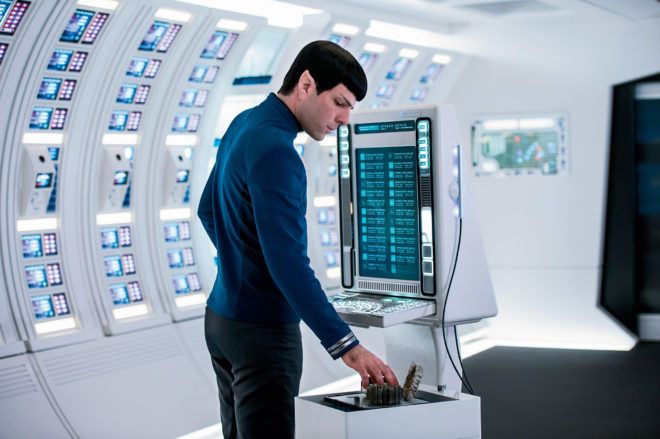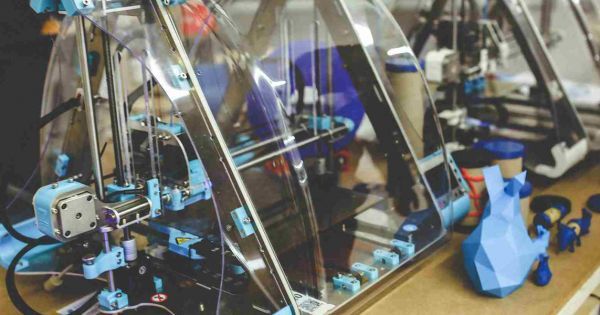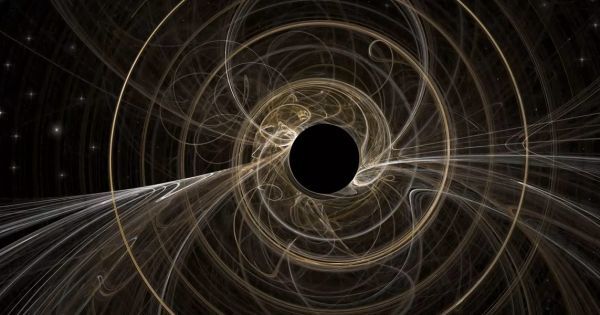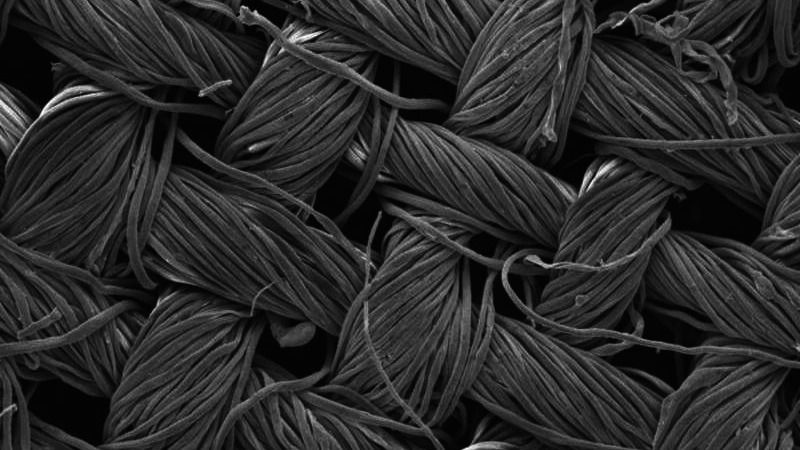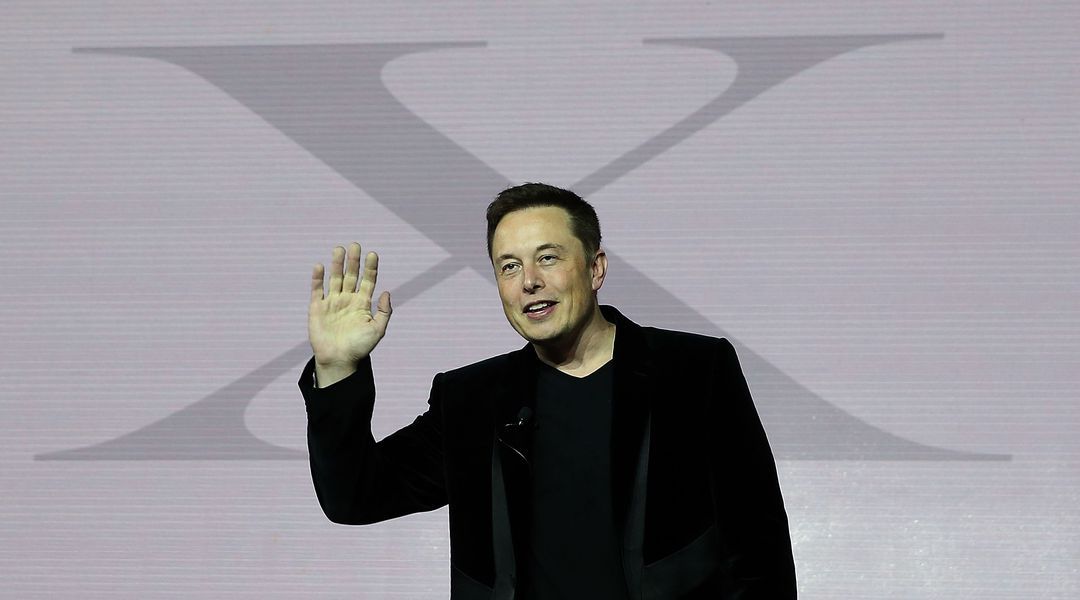Page 11142
Jun 2, 2016
A Host of Soon-to-be-Expired Patents are Set to Revolutionize 3D Printing
Posted by Shailesh Prasad in categories: 3D printing, materials
Patents filed on many pre-existing 3D printing processes are about to expire. As this occurs, it will bring on a new era in 3D printing. Machinery and material costs will plummet, and the quality of prints will increase.
An important shift is occurring in the 3D printing world: patents are expiring. Patents filed on pre-existing industrial printing processes, especially those filed at the turn of the century, have already expired or are set to expire in the coming years.
Take, for example, the case of Fused Deposition Modeling (FDM). The patent on FDM expired in 2009. As a result, prices for FDM printers dropped from over $10,000 to less than $1,000, which caused consumer-friendly 3D printer manufacturers– like MakerBot and Ultimaker– to pop up.
Jun 2, 2016
New Evidence That Black Holes May Actually Be 2D Holograms
Posted by Andreas Matt in categories: cosmology, quantum physics
A team of theoretical physicists used Loop Quantum Gravity, string theory’s biggest contender, and showed that the calculations are consistent with the idea that black holes have no insides, but that objects are stuck on their surface.
There’s a lot in our universe we don’t completely understand, such as dark matter and dark energy. Indeed, in the bizarre world of quantum physics, ideas are constantly shifting and changing regarding the true nature of the (somewhat mysterious) forces that govern our universe.
This is what’s happening now in the debate over what black holes really are.
Continue reading “New Evidence That Black Holes May Actually Be 2D Holograms” »
Jun 2, 2016
A Sci-fi Cyberpunk Thriller HD: “Temple”
Posted by Sean Brazell in categories: biotech/medical, genetics, media & arts
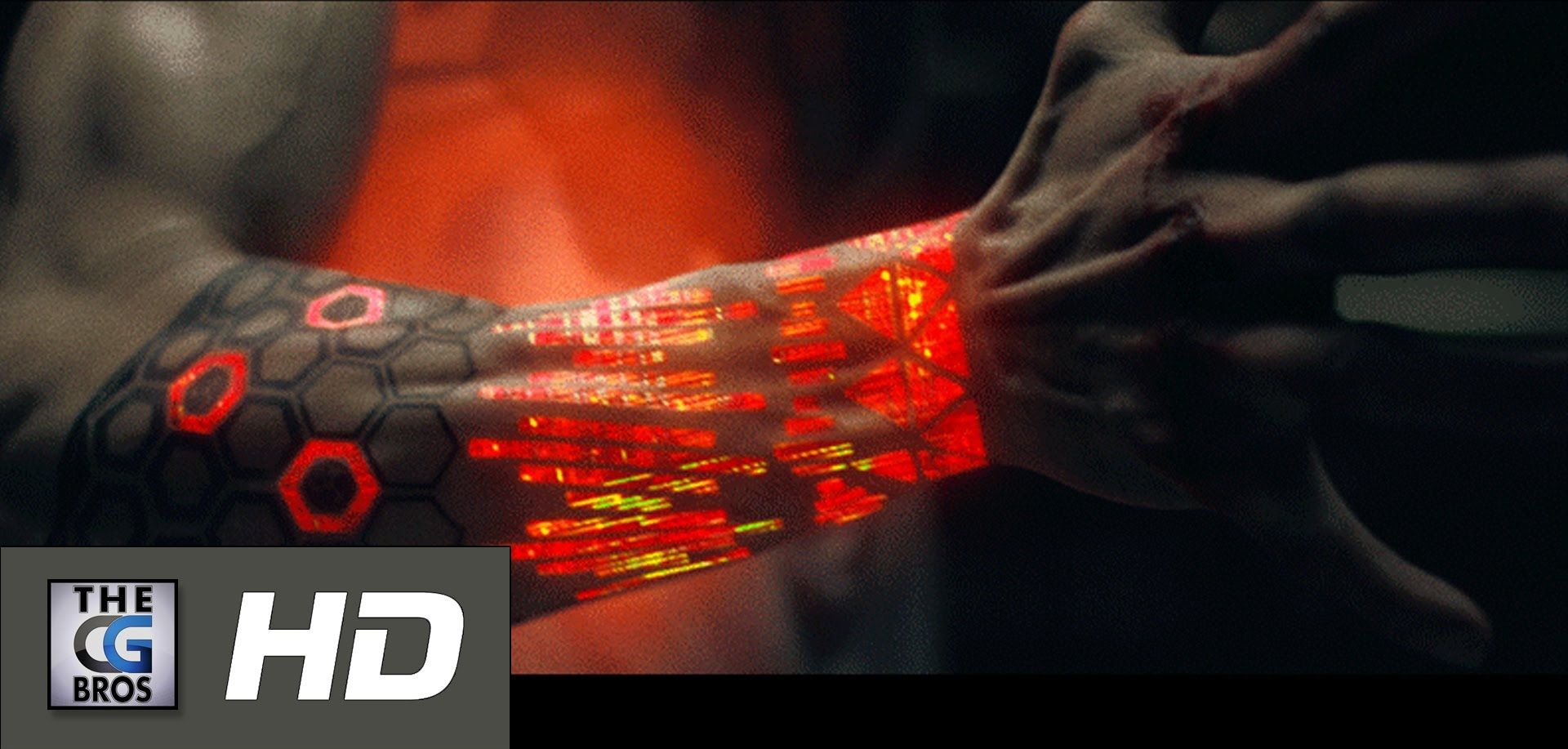
ENJOY!!! 2045 A.D. Cybernetically enhanced beings are in control of society. A new genetic disease is making humans reject their own organs, forcing one man to steal cybernetic implants from others to survive. By director Nguyen-Anh Nguyen.
Temple is a concept for a feature film project, produced by the team of the Akira Project.
Continue reading “A Sci-fi Cyberpunk Thriller HD: ‘Temple’” »
Jun 2, 2016
Elon Musk: There’s a ‘one in billions’ chance our reality is not a simulation
Posted by Sean Brazell in category: Elon Musk
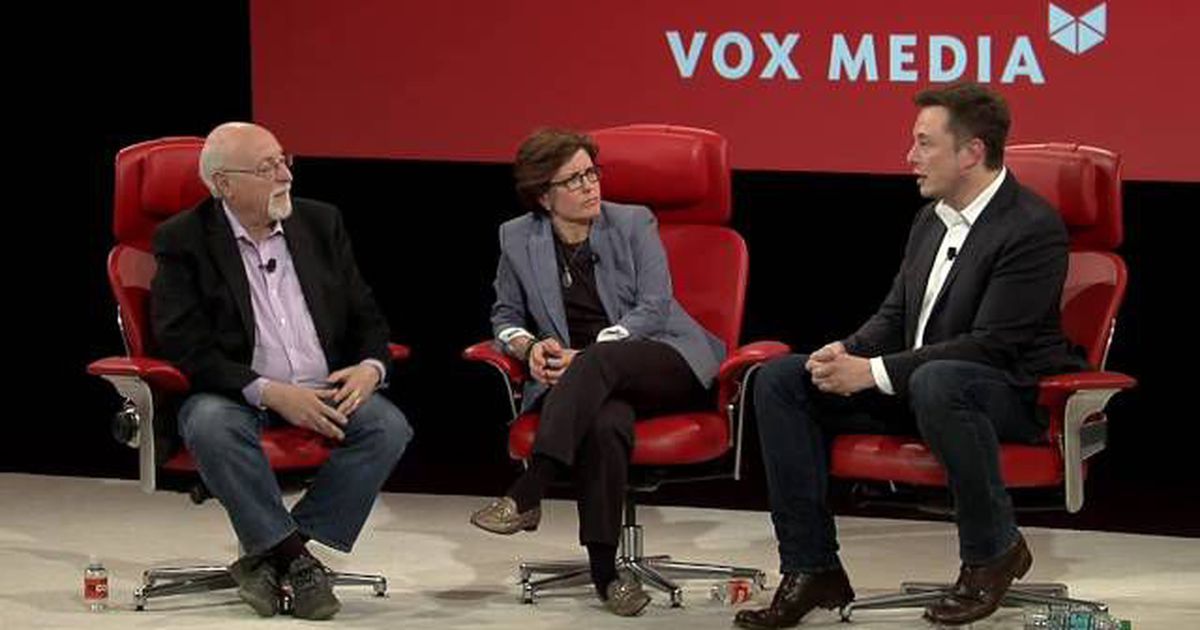
Mathematically it makes sense.
Practically speaking, it’s pretty much irrelevant.
Continue reading “Elon Musk: There’s a ‘one in billions’ chance our reality is not a simulation” »
Jun 2, 2016
A Sci-Fi Short Film HD: “Arene”
Posted by Sean Brazell in categories: entertainment, military

When a young woman finds herself captured on board a military aircraft. The soldiers don’t think much of her, until their commander confirms her identity and all hell breaks loose. Produced by the talented Stoyan Yankov and Directed by talented Henrik B. Clausen! See the details below for more info…
INFORMATION AND CREDITS / ARENE
Jun 2, 2016
NO-A [ Sci-Fi 3D Animated Short Film ] Official
Posted by Sean Brazell in category: entertainment
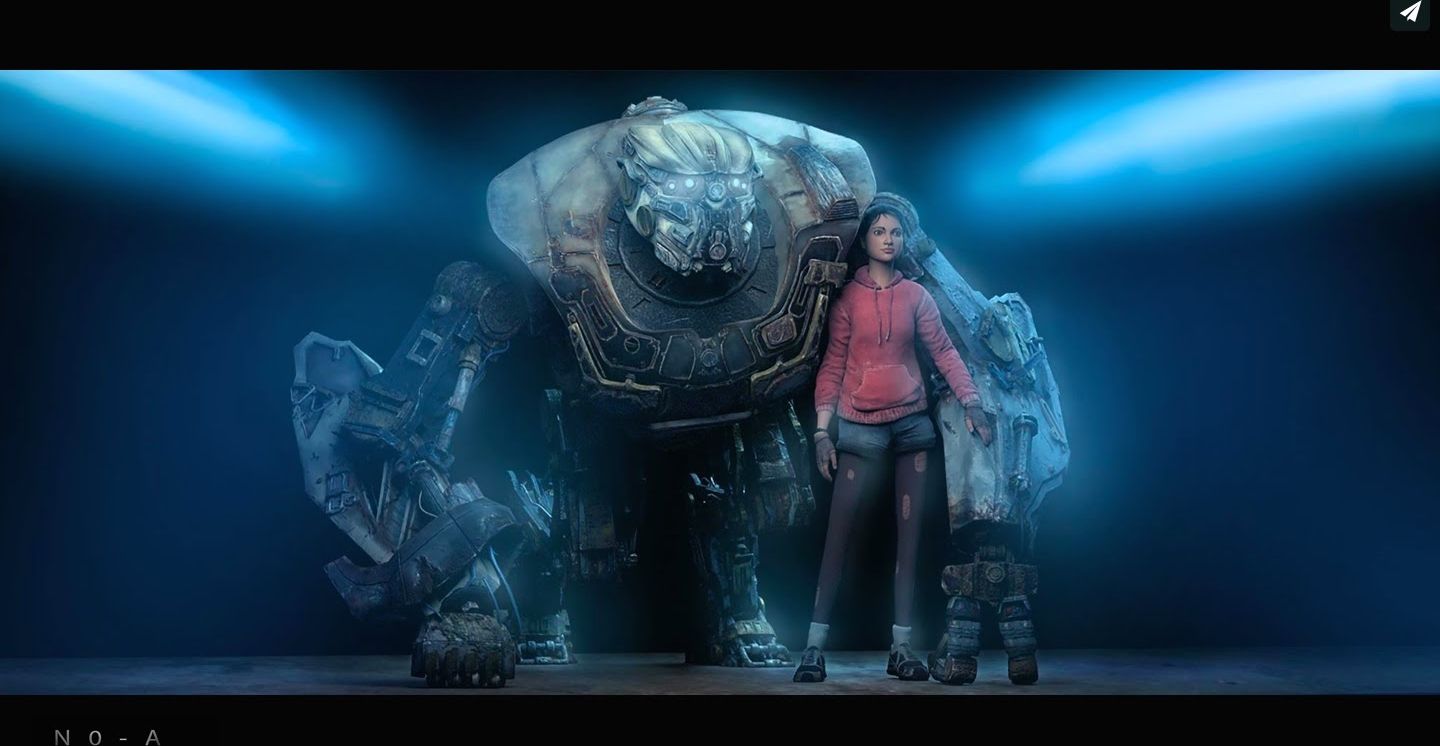
Nifty!
Award winning graduation film NO-A completed at the Savannah College of Art and Design by a core team of 8 students.
Continue reading “NO-A [ Sci-Fi 3D Animated Short Film ] Official” »
Jun 2, 2016
New nanotech fabric dissolves odor and stains whenever it’s exposed to bright light
Posted by Shailesh Prasad in categories: energy, nanotechnology
Not a big fan of laundry day? Well what if you could wash your clothes just by stepping into the sunshine? Thanks to researchers at RMIT University in Melbourne, a self-cleaning textile could make that possible in the very near future. With the help of special nanostructures grown directly into the fabric, these new textiles could degrade organic matter like dirt, dust, and sweat when exposed to a concentrated light source.
To achieve this effect, the nanostructures used by the RMIT University team are made copper and silver. These metals are great at absorbing visible light, and when they’re exposed to light from the sun or even a light bulb, the nanostructures react with increased energy that creates “hot electrons”.
Related: Columbia’s most comfortable clothes are also its smartest, thanks to textile tech.
Jun 2, 2016
Elon Musk believes we are probably characters in some advanced civilization’s video game
Posted by Andreas Matt in categories: augmented reality, Elon Musk, entertainment, virtual reality
Don’t believe me? Here’s Musk’s argument in full:
The strongest argument for us being in a simulation probably is the following. Forty years ago we had pong. Like, two rectangles and a dot. That was what games were.
Now, 40 years later, we have photorealistic, 3D simulations with millions of people playing simultaneously, and it’s getting better every year. Soon we’ll have virtual reality, augmented reality.
Jun 2, 2016
How We Want to Turn Asteroids Into Spacecraft
Posted by Klaus Baldauf in categories: engineering, space travel
It’s funny, because even in the space industry, it isn’t every day that you get to work on a really far reaching idea. At Made In Space the vast majority of our engineering energy goes to concepts that will be operational hardware within 5 years. We like to talk about the future a lot, and there is a great deal of whiteboard engineering of what space colonies will look like or what the constraints to manufacturing on Enceladus would be. But we don’t usually get to work directly on the long term stuff. Thanks to the NIAC program, we’ll be doing some of that work.
NASA’s Innovative Advanced Concepts (NIAC) program awards research grants with the intent of studying out-of-the-box ways that space exploration might be done differently. Most of the focus is longer horizon stuff that would be operational on 10+ year timescales. Made In Space recently proposed a new vision for exploring and using asteroids and was awarded a NIAC grant. This is what we proposed.
